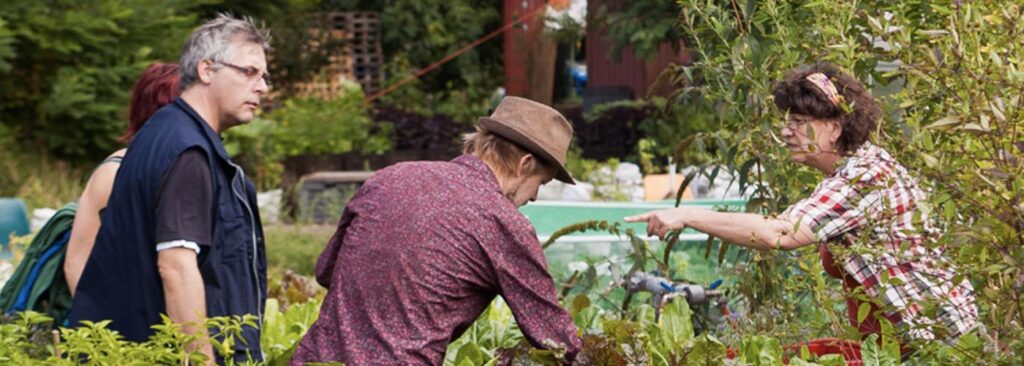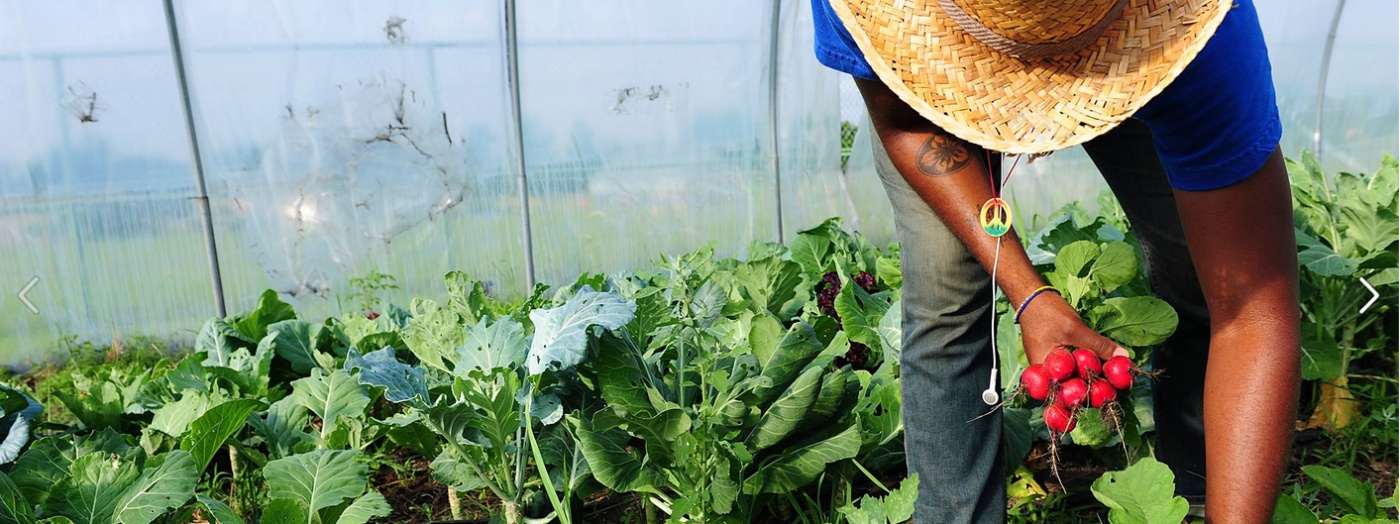About RUAF
RUAF is an international organisation that aims to accelerate food systems transformation for greater environmental, social, and economic sustainability, resilience, and equity in cities and city regions around the world.
RUAF is made up of two distinct but interacting elements:
- RUAF CIC is a non-profit community interest company based in the UK. It is the legal entity that both hosts the RUAF Secretariat and operates as a consultancy.
- The RUAF Global Partnership is a consortium of strategically-selected expert institutions with a recognised track record in urban and peri-urban agriculture and urban food systems.
Principles
We believe that:
- all humans have the universal right to food and to food sovereignty;
- gender equity and social inclusion are essential;
- solutions can be found in the natural world, taking an agroecological and circular approach and respecting indigenous peoples’ approaches to nurturing resources;
- open sharing of knowledge and co-creation of solutions are powerful;
- cities have the power to influence change through policies and citizen action;
- youth have a fundamental role in determining the future of food systems.
Specific objectives
Under the RUAF Strategic Plan 2023-2026, RUAF works towards the following outcomes:
- Local stakeholders shape localised and transparent (short) food supply and value chains – from production to consumption.
- Anyone (regardless of genders and sexual orientation, income and education levels, location, ages, religious and cultural backgrounds) can participate in a) MSH platforms to shape the UFS/CRFS; b) value chain opportunities.
- More cities acknowledge and are equipped to play their critical role in food systems governance and are actively building capacities among stakeholders.
- Cities (i.e. stakeholders and city partnerships involving multi-stakeholders) are using knowledge tools to increase the effectiveness of their resilience and food systems transformation work
- Cities value, recognise the role of, and are actively supporting their informal local food economies to provide healthy, affordable and safe food, and economic opportunities.
- There is a cohort of strong youth leaders, of all genders, working on city and city region food systems, (building on, applying, and further developing existing knowledge, approaches and networks).
- UPA programmes take an agroecological and circular approach to nurturing resources (and using time-honoured indigenous peoples’ approaches)

Strategic direction
Every five years the RUAF Global Partnership reviews its strategy. For the period 2018-2023, the overarching strategy of the RUAF Global Partnership is to support and promote knowledge exchanges between cities and towns on specific issues of sustainable food systems.
Strategies and processes
We deploy the following mechanisms, processes and interventions towards achieving the specific objectives:
- Documentation and knowledge systematisation
- City-to-city exchange
- Training and capacity building
- Multi-stakeholder process facilitation
- Food system assessment and monitoring
For more details, see What we do.

